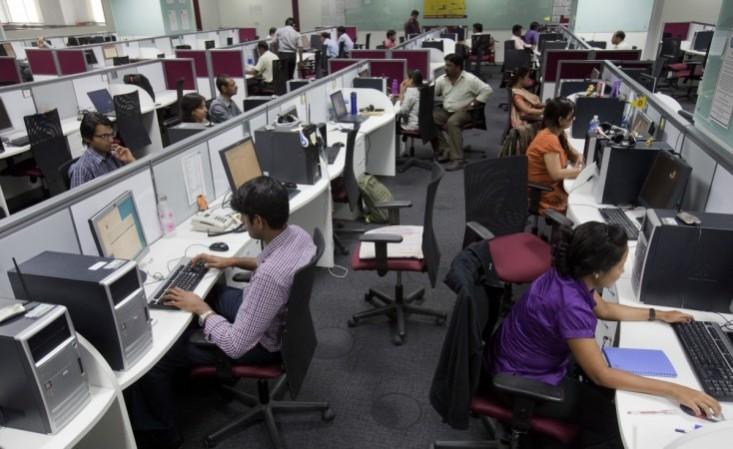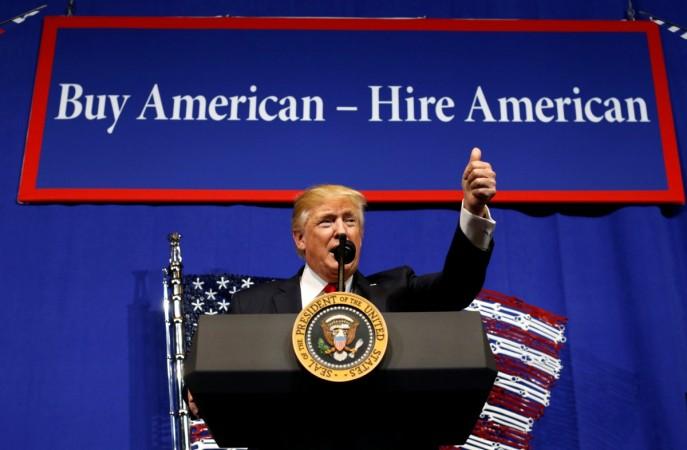
Indian techies' American dream seems distant with US President's 'Buy American, Hire American' move. The president plans to implement merit-based immigration system, ending the visa lottery programme and limiting family-based migration.
The Trump administration wants to reform the US immigration system to serve the interests of Americans ensuring that people coming to the US are best skilled and brightest.
''It is time to create a merit-based immigration system that makes sense for a modern economy – selecting new arrivals based on their ability to support themselves financially and to make positive contributions to US society'' US President Donald Trump was quoted as saying in a fact sheet released by the White House titled 'Ending the economic harm caused by our immigration system'.
Here's how Trump's immigration framework affects Indian immigrants.
1. Diversity Visa Program
The United States grants up to 50,000 visas each year through the visa lottery program, which has only a few educational and skill requirements. Trump's immigration framework will end the diversity lottery visa which helps to reduce the waiting period for Green Cards or permanent resident visa for highly skilled workers. The new framework reallocates some of the visas to help reduce the backlog of high-skilled, employment-based immigrant cases.
The current immigration system urges a seven percent country quota on allotment of the Green Card in a fiscal year, and due to this, many high skilled Indian-Americans face troubles. Most of them are H-1B visa holders.

2. Family chain migration
The Trump's framework would restrict the flow of low-skilled workers into the US by ending extended-family chain migration. The White House points that rather than merit or skill based admission, more than two-thirds of the legal immigrants are admitted into the country each year based on family relations.
If the US eliminate chain migration, it is likely to negatively affect Indian-Americans who are planning to bring their family members to the US. While the White House says they still protect the nuclear family, even Indian-Americans may face difficulties in bringing relatives other than their spouses and minor children to the country.
Read Also: Attention techies, these 15 companies are barred from applying for H-1B visas
3. Skilled labour
Trump's immigration framework lays out the steps the country must take to lower skilled migration and increase benefits for American workers. "Our immigration system's prioritization of family relations over merit, education level, or skill has allowed a wave of low-skilled labour into our country," the White House says. If the US goes for high-skilled or merit-based visa allotment, it could benefit many people in India because the majority of Indians fulfil this condition.









